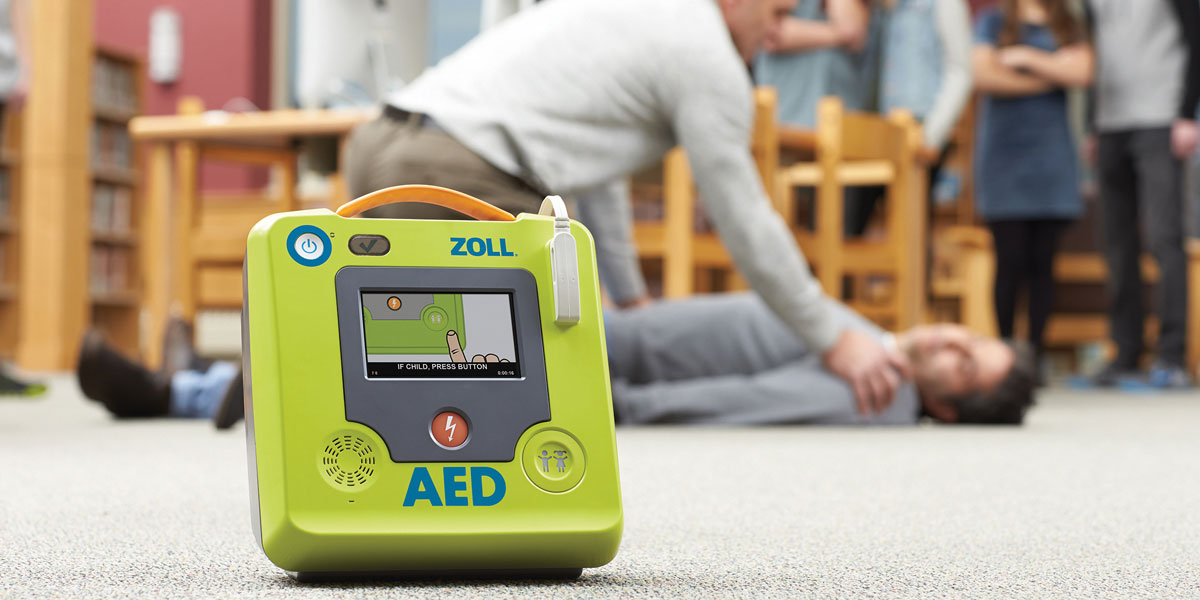An automatic defibrillator is a life-saving device that can help restore a person’s heart rhythm when they suffer from sudden cardiac arrest. Choosing a suitable defibrillator is crucial because it can mean the difference between life and death. The following points list some essential factors when selecting automatic defibrillators.
Ease of Use
One of the most crucial factors to consider when selecting a defibrillator is its ease of use. It is vital that the device can be operated with ease, even by individuals who have no prior medical experience. Ideally, the defibrillator should be equipped with clear instructions, and straightforward voice prompts that guide through each step of the process. Ensuring that the device is user-friendly and intuitive can save valuable time during an emergency situation and increase the likelihood of a successful outcome. Therefore, assessing the ease of use of automatic defibrillators before purchasing is essential.
In addition to being easy to use, the defibrillator should also be easy to maintain. The battery and electrode pads should be easy to replace, and the device should provide alerts when it needs maintenance or repairs.
Accuracy and Reliability
The accuracy and reliability of the defibrillator are also critical factors to consider. The device must be able to accurately detect and analyse the patient’s heart rhythm and determine whether a shock is needed. False alarms can be dangerous and waste valuable time, while failure to detect a life-threatening condition can be fatal.
To ensure accuracy and reliability, look for defibrillators that have been rigorously tested and meet industry standards. The device should also have a high success rate in restoring normal heart rhythms.
Portability and Durability
You must also consider the portability and durability of the defibrillator. The device should be lightweight and easy to carry to quickly transport to the patient’s location. In addition, the device should be durable enough to withstand the rigours of emergencies.
Defibrillators that are designed for use in harsh environments or extreme weather conditions are ideal. Look for devices that are water-resistant, dust-resistant, and shock-resistant. Some devices even come with carrying cases or backpacks for added convenience.
Compatibility With Medical Protocols
The defibrillator should also be compatible with medical protocols in your area. Different regions may have different defibrillator guidelines and protocols, so choosing a device that meets these requirements is essential.
For example, some areas may require that the defibrillator be registered with local emergency services or that the device be checked regularly by a qualified technician. It is also essential to ensure that the electrode pads used with the defibrillator are compatible with the patient’s skin type and any medication they may be taking.
Training and Support
Finally, consider the training and support that comes with the defibrillator. Proper training is essential for anyone using the device; many manufacturers offer training courses or certifications.
In addition, look for a manufacturer that provides ongoing support and assistance. This can include technical support, maintenance and repair services, and access to replacement parts and accessories. A good manufacturer will also provide regular updates and upgrades to the device to ensure that it remains up-to-date with the latest medical protocols and industry standards.
Choosing the right automatic defibrillators is a critical decision that can mean the difference between life and death. When selecting a defibrillator, consider factors such as ease of use, accuracy and reliability, portability and durability, compatibility with medical protocols, and training and support. By evaluating your options carefully, you can choose a defibrillator that will provide the best possible chance of saving lives in an emergency.

Average Rating